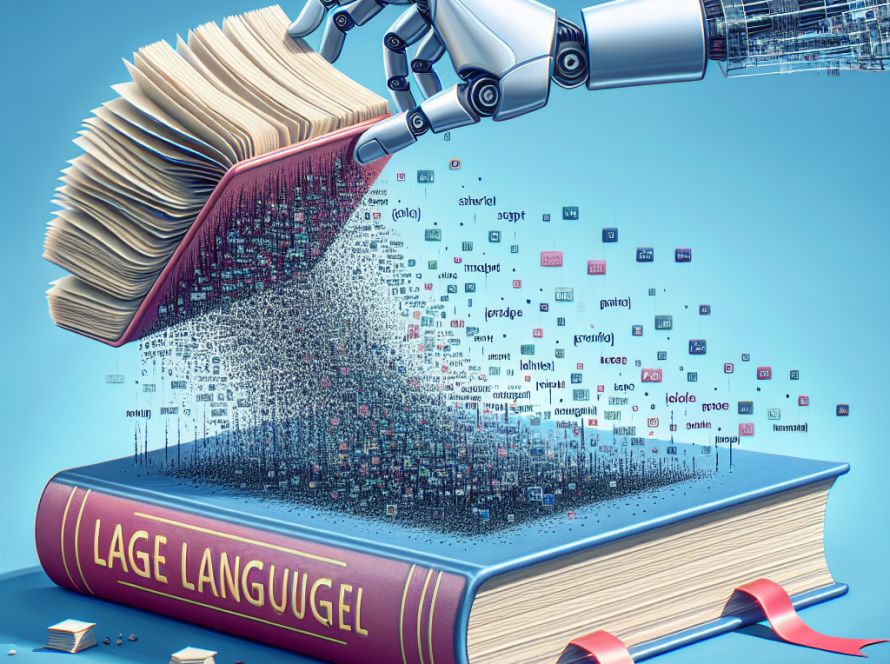Tech giants, including Apple, Samsung, Google, and Microsoft, are heavily investing in research and development of artificial intelligence (AI), underlying the beginning of an era dominated by AI-powered devices. Apple is leading the brigade with new AI features expected to launch with the iOS 18 in September 2024. The features, some consolidated under “Apple Intelligence,” will include AI-generated “Genmoji” images, an advanced Siri, and a writing assistant named “Rewrite.”
Contrary to its traditional isolated stance, Apple will harness its own models, OpenAI’s models, and potentially Google’s Gemini models for AI development. This shift could create a mesh of vendor-specific AI integrations with implications on commercial navigation and regulation. There are suggestions Apple might collaborate with Anthropic’s Claude, allowing it to incorporate the best of AI applications from various segments within the industry.
Apple’s new approach may puzzle consumers, accustomed to Apple’s characterization as a self-sufficient entity with proprietary hardware and software. Traditionally reluctant to amalgamate third-party, especially contemporary services into their products, it would be unusual for consumers to embrace iPhones with integrated Google technology. However, as history reveals, Apple has occasionally allowed collusions, with Google’s YouTube and the default search engine status on Apple’s Safari as notable precedents.
Speculating on this rumored Apple-Google partnership, technology analyst Michael Gartenberg noted that previously this information leak would have potentially compromised the agreement. Concerns extend around EU’s apprehensions about Apple Intelligence violating the Digital Markets Act, Elon Musk’s worries surrounding privacy risks due to multiple AI vendors, and potential charging structure for Google or Microsoft services under Apple’s paid tier “Apple Intelligence+.”
Mirroring Apple, Samsung is advancing its AI integration strategy, with rumors of unveiling AI-enhanced features at the forthcoming Galaxy Unpacked event. The company is likely to introduce AI-driven improved low-light photography, real-time object detection on its upcoming smartphones, and custom workout recommendations and real-time health monitoring features on its wearable devices. Meanwhile, Google plans to integrate Gemini AI into its Messages app.
From these developments, it’s clear that tech companies are confident about the integration of AI into consumer devices, notwithstanding risks of releasing imperfect applications or forming unexpected alliances. The consumer perspective, however, could turn a little complex.


